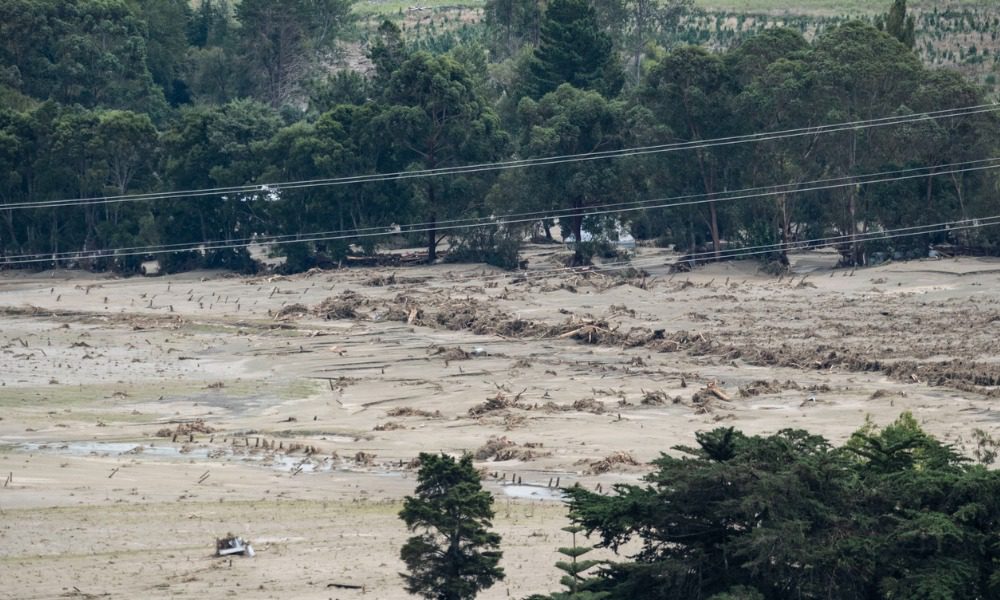RBNZ calls for enhanced risk management following climate stress tests

RBNZ calls for enhanced risk management following climate stress tests | Insurance Business New Zealand
Catastrophe & Flood
RBNZ calls for enhanced risk management following climate stress tests
Importance of insurance risk management highlighted
Catastrophe & Flood
By
Roxanne Libatique
The Reserve Bank of New Zealand (RBNZ) has highlighted the necessity of actively managing climate-related risks to maintain the stability of the financial system amid potential shocks.
This insight stems from the RBNZ’s 2023 Climate Stress Test results.
Climate stress tests to assess New Zealand banks’ resilience
Kerry Watt, director of financial stability assessment and strategy at RBNZ, noted that the bank routinely conducts stress tests to evaluate the resilience of financial institutions.
The primary focus of the 2023 assessments for New Zealand’s major banks was a scenario termed “Too Little Too Late.” This scenario tested banks’ resilience against long-term, severe climate-related challenges.
“We deliberately designed the climate stress test scenario to be challenging. It included high physical and transition risks over a prolonged period of 28 years. Our aim was to assess the financial impact of the scenario on the banks’ balance sheets and uplift their capability in managing climate related risks,” he said.
RBNZ 2023 Climate Stress Test key findings
Enhancements were noted in several key areas as a result of the stress test. These areas included the modelling and procurement of climate-relevant data, evaluating the effects on insurance policies, integrating climate expertise throughout the organisations, and pinpointing strategic actions to diminish risks.
Following the stress test, the RBNZ released a set of recommendations urging banks to close significant data gaps, further develop credit risk models that incorporate climate risk factors, and find cost-effective approaches to monitor the insurance status of mortgages.
The RBNZ expects all institutions to reflect on the 2023 Climate Stress Test’s suggestions and is considering support measures for banks that were not involved in this stress test to help them integrate these practices into their risk management frameworks.
“It’s important to recognise the Too Little Too Late scenario represents only one way New Zealand’s climate scenario could play out,” Watt said. “Banks will consider others as part of their own internal risk management and to feed into mandatory climate-related disclosures. We would like to express our thanks to the banks that participated.”
The RBNZ intends to maintain a vigilant role in overseeing these efforts as institutions utilise the insights from the stress tests and adhere to the guidance on managing climate-related risks, coupled with ongoing supervisory dialogues.
Related Stories
Keep up with the latest news and events
Join our mailing list, it’s free!




